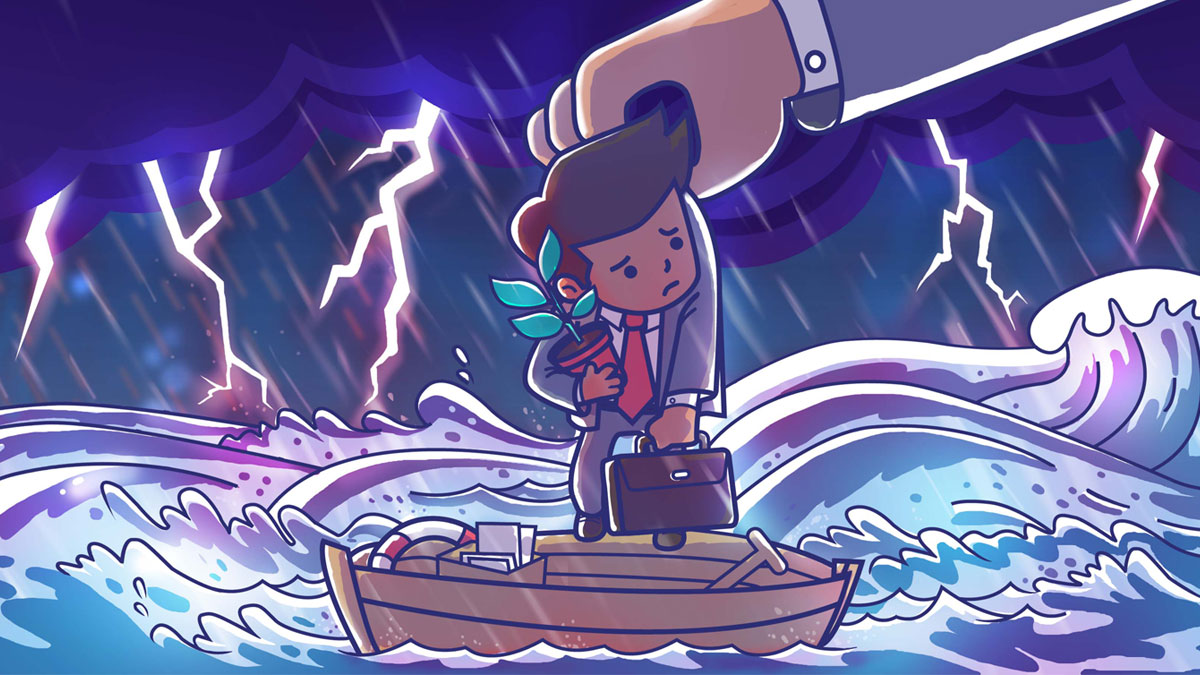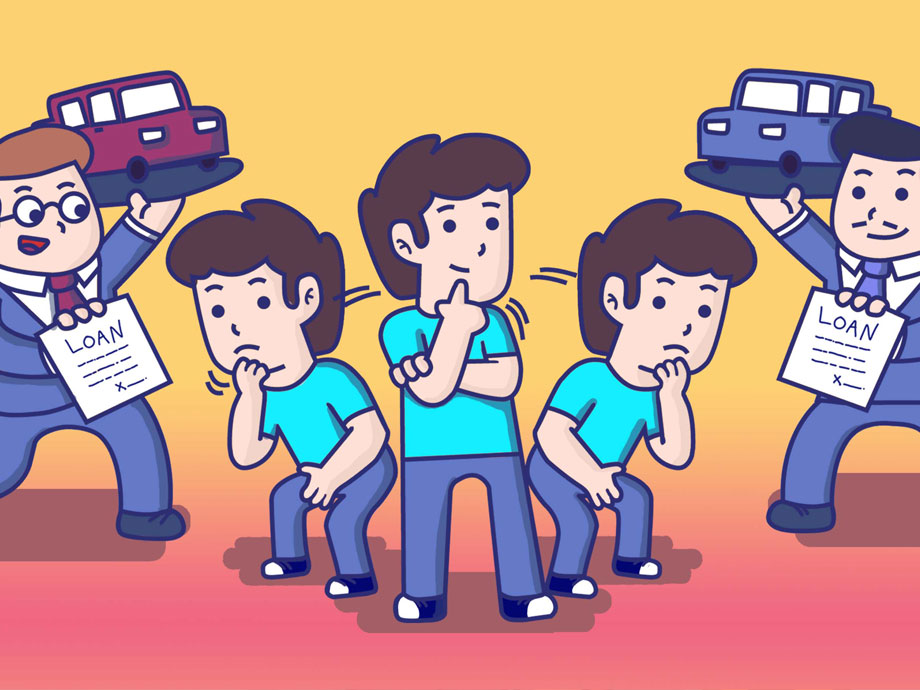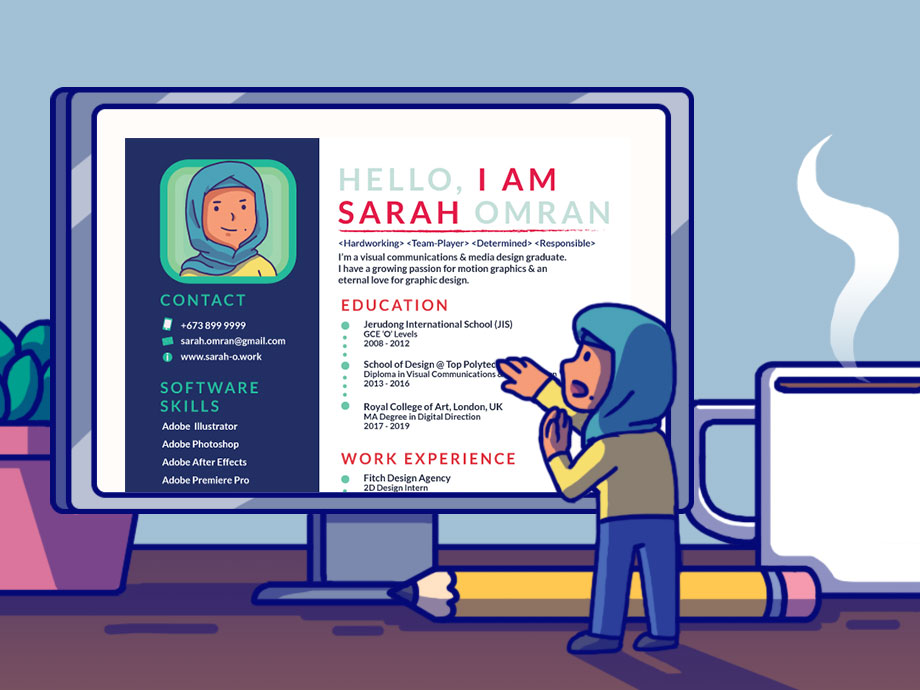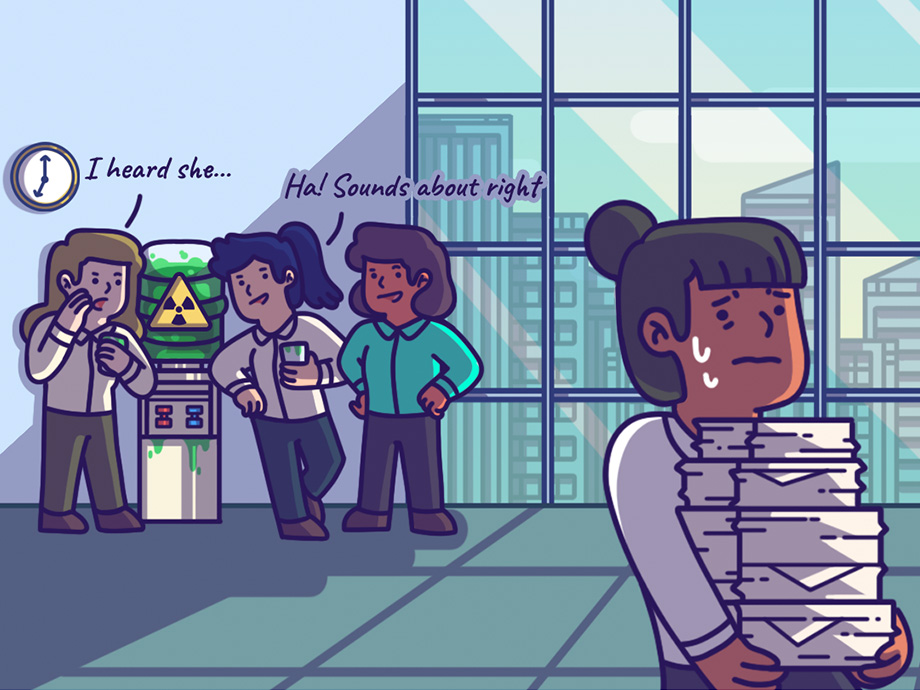Career & Education | Life | Article
Suddenly Jobless – Can You Ever Really Prepare Yourself?
by Bakhtiar HB | 30 Nov 2020 | 5 mins read

Unless you’re the owner of your own company, job security is never a given. (And even if you are the founder and CEO of your own company, you may still be able to get yourself in trouble).
Especially during these times of global uncertainty, individual economic security has never been in more flux.
What are some of the things you can do to prepare yourself for the possibility of unemployment?
1. Create an Emergency Fund
The number one piece of advice is also the most common you will see, but there really is no substitute for having an emergency fund.
Take all your monthly costs: your car repayment, your monthly housing budget, your utilities (electricity, phone bill), your monthly food budget and any other expenses for your family members and see what it comes up to.
Take that amount and multiply it by six and you would be sitting on a decent sized emergency fund to get you through tough times.
The golden rule is often three months of savings but an important thing to consider is the current labour market where you live. If unemployment is high and it is a place that has been hit hard by the pandemic, you may have a tougher time finding your next job.
2. Expand your Network
Quick aside, I left my comfortable government job after five years at the age of 26.
I did have an emergency fund that lasted about a year, I paid off all my debts and set out on an ultimatum to build my dream.
Fast forward a year and a half later; the emergency fund had dried up and I was a newlywed and thus my priorities shifted.
As fate would have it, while I was scrambling to make ends meet, a former contact from my previous job got in touch and asked if I would be interested in full-time employment with his company.
Now, I had only met this man twice before and had probably spoken to him for about an hour in total over those two meetings. But years later here he was reaching out.
You never know who you will meet and what role that person could play in your future. One of my closest friends once got a job because he struck up a conversation with someone in a bookstore, complimenting the book the man was holding, saying that it was a great read.
A comment leads to a conversation and you never know where a conversation will take you. Get out there, make conversation, hand out business cards, make impressions and get connected. You’ll never know when it might come in handy.
3. Revisit your Monthly Budget
When I was deprived of a regular monthly income, the thing that shocked me the most was how much I could live off in a month.
I went from living on about $2000 a month to under $500 and the most shocking thing was that I didn’t feel like my quality of life had gone down all that much.
Did I really need that $120 a month gym membership that I used once a month? Did I really need that Astro subscription that I would only use for the odd football game? Did I really need to get that expensive takeaway whilst there was still food in the fridge at home?
The answer to all of these questions to me was “no”, and I’m sure that if you do a deep dive into your monthly expenses, you will find a lot of things you could cut down on.
Even though I’m back to a regular monthly paycheck I still go without a lot of the previous frivolities that used to clutter my life and bank statements.
4. Find New Sources of Income
Brunei is slowly but surely embracing the concept of the gig economy, and several companies and start-ups have made it easier than ever to freelance on the side.
You could sign up as a driver for Dart, or do food deliveries for Hey Domo, Go Mamam and Tapow, among others.
Doing deliveries or driving people around could be a great way to build up your emergency fund or keep yourself afloat whilst looking for your next job.
For those with backgrounds in the digital creative space, online platforms such as Fiverr could be a great place to showcase your talents and get paid while doing so.
Embracing the gig economy could be the perfect cushion that you need for your finances.
5. Pay Off Your Debt
When I left my first steady job at 26 with only a vague plan in mind, the first thing I did was to pay off my debt.
Without the looming monthly $500 car payments, my outlook for surviving on my emergency fund looked much better.
Also by paying off my car loan early, I was able to save a huge chunk of change in the long run – $6000 to be exact.
Clearing high interest debt should always be a priority and is often the best form of investment one can make, particularly in Brunei where the interest on credit cards and car payments far exceed the level of returns for savings accounts.
Clearing debt should always be a priority when preparing yourself for the future.
The Final Takeaway
Planning for unemployment can be daunting.
One of the most common things I see is people refusing to plan for the worst because they feel that it only invites the worst to happen. They are often afraid that they will speak their worst fears into existence.
However, we all need a backup plan – especially when you have dependents relying on your source of income. There is never a better time to start planning than today.













